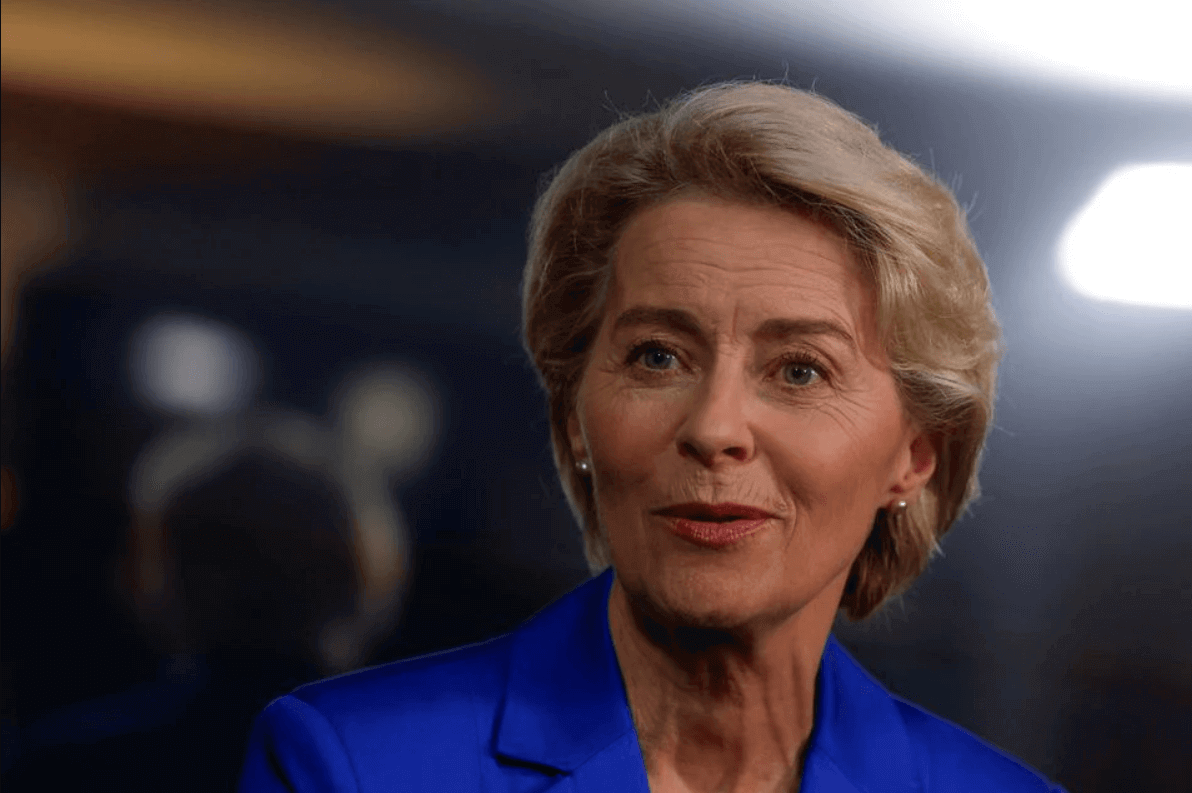On Wednesday, the European Commission proposed granting the European Union (EU) candidate status to Bosnia-Herzegovina (BiH), despite making “limited to no progress” on preconditions such as reinforcing democracy, ensuring the functionality of state institutions, protecting the rule of law, fighting corruption and organised crime, safeguarding media freedoms, and migration management.
“We are not only assessing the performance of partners, but of future member states,” EU foreign policy chief Josep Borrell said in a statement, adding, “It is a long term investment into peace, prosperity and stability for our continent.”
EU enlargement has geopolitical significance & is a long term investment into peace, prosperity & stability for our continent
— Josep Borrell Fontelles (@JosepBorrellF) October 12, 2022
We recommend today to grant candidate status to Bosnia and Herzegovina to underline our commitment & create new positive dynamicshttps://t.co/euIE0TdURP pic.twitter.com/24TZDrRGhp
In a similar vein, European Commission President Ursula von der Leyen noted that the bloc’s “opponents look at the Western Balkans as a geopolitical chessboard.” She stressed, however, that despite efforts to increase divisions, “the overwhelming majority of citizens in the Western Balkans aspires to be part of the European Union.”
“The wind of change is once again blowing through Europe and we have to capture this momentum,” von der Leyen remarked, adding, “The Western Balkans belong in our family and we have to make this very, very clear.”
BiH has been on the EU waiting list for nearly two decades after being recognised as a “potential” candidate in June 2003 and submitting its membership application in February 2016. In June this year, the European Council expressed its “readiness” to grant candidacy status and requested the Commission to report on its 14 key priorities from the 2019 report.
“I urge the leaders of the country to make the most of this historic opportunity and swiftly proceed with the steps identified in our recommendation,” EU Commissioner for Neighbourhood and Enlargement Olivér Várhelyi said while presenting the 2022 enlargement and policy report.
Our Enlargement policy is merit-based and also a geostrategic investment.
— Ursula von der Leyen (@vonderleyen) October 12, 2022
Today we recommend that Bosnia and Herzegovina be granted candidate status by the Council on the understanding that more steps are taken.
Looking forward to my trip to the Western Balkans this month.
In its report, the European Commission stated that Republika Srpska (RS) had blocked state-level legislative and executive institutions until spring 2022, resulting in no reforms. However, the Muslim-Croat Federation government remained in office for the full 2018-2022 term in a caretaker capacity.
BiH has two autonomous entities – the Federation and RS, along with the autonomous Brcko district – with their own parliament, government, president, and state-level institutions.
The report pointed out that RS also “pursued to unilaterally take over state competences (including on taxation, the judiciary, defence, and security) and dismantle state institutions, endangering the country’s EU accession perspective as set out in the Commission Opinion.”
Furthermore, the parliamentary parties could not agree on a solution for constitutional and electoral reforms in order to bring the constitution in line with the European Convention on Human Rights, despite intense discussions assisted by the EU and the United States (US).
“The Council of Ministers took no steps to develop a national programme for the adoption of the EU acquis. Due to political obstruction, the Ministry of Finance and Treasury hindered the smooth organisation of the October 2022 elections by withholding the required funds,” the document reported.
The #Enlargement Policy is a geopolitical priority for this Commission. Today I presented the 2022 #Enlargement Report of the #WesternBalkans and #Türkiye in #AFET @EuropeanParl . 📌my speech: https://t.co/hb8phrYRpR ⤵️ pic.twitter.com/32NQRMugCL
— Oliver Varhelyi (@OliverVarhelyi) October 12, 2022
Bosnia has also made limited progress in public administration reform (PAR). The lack of a political decision-making body to steer PAR and insufficient implementation of the action plan has undermined the well-functioning of the public administration across all levels of government.
“The independence and impartiality of the judiciary did not improve,” the report said, adding that the authorities “failed to adopt additional safeguards.” It also pointed out that the RS put in place legislation that establishes a separate judicial system in February this year, thus effectively pulling out of BiH’s state judicial institution. To this end, the report claimed, “Urgent measures are needed to restore public trust in the judiciary and strengthen its integrity.”
BiH has also made no progress in its fight against corruption and organised crime. “Political leaders and judicial institutions failed to tackle widespread corruption and actively blocked progress,” the document claimed, adding, “The continued lack of progress at all levels increases the risk of backsliding.” It urged them to urgently remedy the situation.
With respect to the economic criteria, BiH appears to be at an early stage of establishing a functioning market economy. The document said in, “cooperation and coordination of economic policymaking at state level and among the entities have further deteriorated,” because of which “the country’s internal market remains fragmented.”
“Granting candidate status is an offer that comes once in a [lifetime] and with very high expectations,” Várhelyi said, calling on the leaders to immediately start work on the reforms. “This is not an offer for the political class. It’s an offer for the country,” he added.
Kada je u pitanju Izvještaj o napretku izražavam posebno zadovoljstvo činjenicom da smo ostvarili važan napredak u usklađivanju vanjske politike BiH sa vanjskom politikom Evropske unije te povećali stepen pridruživanja stavovima EU. Taj napredak je prepoznat u izvještaju EU. 3/5
— Bisera Turković (@BiseraTurkovic) October 12, 2022
BiH’s Minister of Foreign Affairs Bisera Turkovic called it a “historic” opportunity, saying, “This sends a strong message to the citizens [of Bosnia], one we have been hoping to get even earlier, that our future is as a member of the [EU] family.”
If BiH’s application for candidate status is approved, it would join Ukraine, Moldova, Albania, Kosovo, Turkey, North Macedonia, and Serbia.

